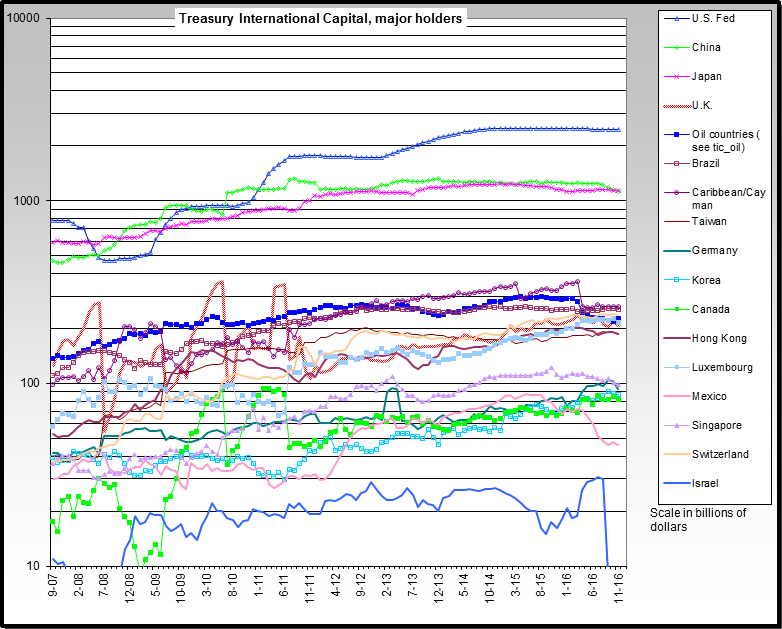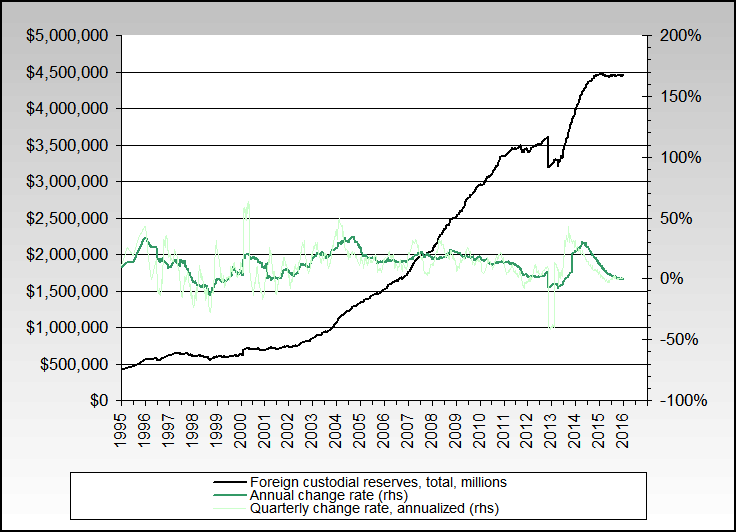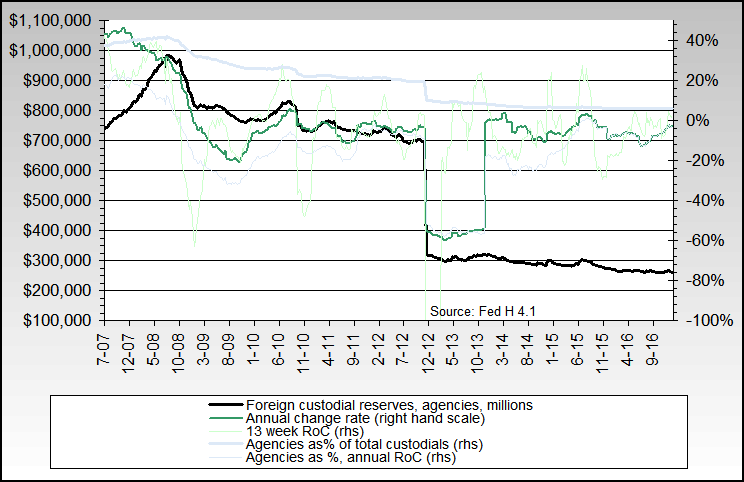La terreur qui frappe l’Amérique le 11 Septembre 2001 met les institutions des Etats démocratiques à rude épreuve. Le lendemain de l’attentat, les Etats-Unis déclarent ouverte « la guerre contre le terrorisme » et lancent une vaste traque planétaire et clandestine des présumés terroristes. Il s’agit du programme de « restitutions extraordinaires » élaboré par la CIA. Il est agréé par les Etats-membres de l’OTAN et mis en œuvre par leurs services spéciaux entre 2001 et 2006.
Ses victimes - combien sont-elles ? - ont été kidnappées, torturées, enfermées ; leur intégrité et leur dignité ont été profanées de façon procédurale et systématique. Certaines croupissent toujours, sans espoir de procès, à Guantánamo. A ce jour aucun responsable politique, aucun agent des services d’Etat, aucun président d’entreprise sous-traitante, ni en Europe ni aux USA, n’a été tenu de s’expliquer et de rendre des comptes.
Partout l’impunité fait loi. En Europe, les Etats ont eu à connaître de cette entreprise criminelle. Ils y ont participé, tacitement ou de façon active, certains jusqu’à autoriser plusieurs centaines de vols clandestins de la CIA dans leur espace aérien, d’autres jusqu’à tolérer sur leur territoire des sites de détention et de torture secrets.
Onze ans plus tard, après de nombreux rapports, enquêtes, articles et témoignages confondants, les Etats n’ont toujours pas lâché prise : pas de reconnaissance des faits, pas d’excuses ni de réparations aux victimes, pas de responsabilités identifiées. Le rapport adopté le 11 septembre 2012, que j’ai eu la responsabilité de conduire pour le Parlement européen, met les Etats européens au pied du mur de la vérité. Il conforte et légitime les travaux des journalistes, des défenseurs des droits de l’Homme, des parlementaires, des juristes, des experts, des victimes, qui jour après jour, relèvent le défi de vérité.
Non, le Parlement européen n’accepte pas qu’au nom des citoyens et de leur sécurité, les États développent des pratiques illégales clandestines, violatrices des droits de l’Homme et se dispensent de rendre des comptes. En 2007, mon prédécesseur, Claudio Fava, avait dû affronter les outrances assumées des atlantistes virulents, pour lesquels il n’y aura jamais de plus belle preuve de loyauté envers l’Amérique que le secret gardé sur l’exécution du programme de la CIA. Pendant les travaux de la commission d’enquête, ils avaient déployé tous leurs efforts pour saper la démarche d’enquête, discréditer les témoins auditionnés, protéger les secrets d’État et dénier le besoin de vérité.
Mais à l’heure où les télégrammes diplomatiques ont pignon sur le net, où les archives des services secrets s’étalent dans les ruines des dictatures déchues, où les victimes des tortures passent du côté du pouvoir, les négationnistes sont moins diserts. Seuls désormais, les Etats tentent de protéger leurs secrets de polichinelle. Poussés à rendre des comptes, ils rechignent, tergiversent, mentent, feignent, retardent, camouflent. Ils se tiennent par la barbichette à qui parlera le dernier !
Lors de l’audition organisée au Parlement européen en mars 2012, aucune autorité invitée n’est venue défendre son enquête, pas un procureur, pas un ministre, pas un parlementaire. La conjuration nationaliste est-elle trop forte ? Les pressions américaines trop convaincantes ? « L’Etat profond » trop puissant ? L’enquête trop peu crédible ? L’Europe ne doit pas abandonner les Etats à leurs démons. La clause européenne de solidarité et de confiance mutuelle doit être activée, elle est le levier qui peut forcer le couvercle de la vérité.
L’Europe serait la première victime du déni. Sa promesse de dignité et de démocratie anéantie, elle perdrait toute autorité ! Le lendemain de l’adoption du rapport, le 12 septembre 2012, répondant à la presse, le Président le la République de Roumanie dit : « La Roumanie suivra les recommandations du Parlement européen ». Une onde d’espoir parcourt la planète des « épris de justice ». La vérité viendra.
Je ne saurais trop vous conseiller de télécharger le rapport officiel annexé à
ce livre enquête d’Hélène Flautre et de Bertrand Verfaillie ou le visionner avec d'autres vidéos sur
le site d’EELV au parlement européen.
Il s'agit d'une remarquable et si précieuse mise en application d'une parole de Arendt: « Le courage est la première de toutes les vertus politiques ». C'est aussi l'aune à laquelle on mesure la capacité d'un peuple à maîtriser son devenir. Ce rapport est un acte qui grandit tous les Européens, grâce aux vertus des « obstinés de la vérité » et de la transparence.












